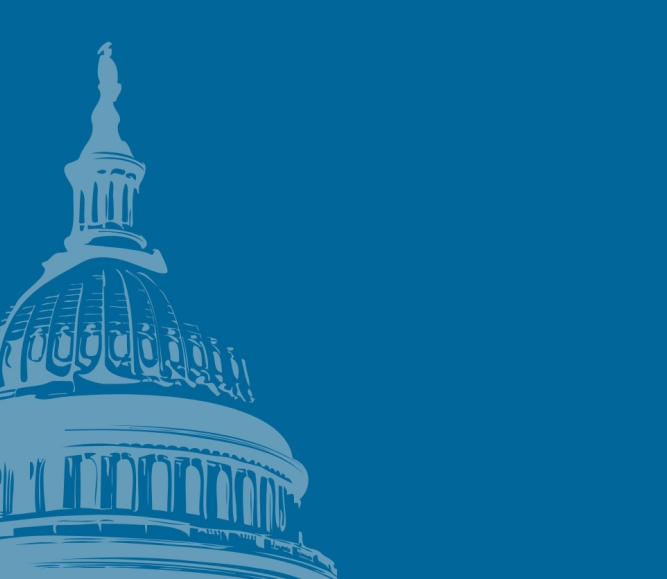Legislative Toolkit for Counties: Priorities for Strengthening the Supplemental Nutrition Assistance Program (SNAP)

Author

Julia Cortina
Associate Legislative Director, Human Services & Education | Immigration Advisory Council
Upcoming Events
Related News
This toolkit provides an overview of the county role in the Supplemental Nutrition Assistance Program (SNAP), federal policy priorities for ensuring SNAP is effectively serving county residents and the current legislative and administrative outlook for program reforms.
Tagged In:
Resource
Supplemental Nutrition Assistance Program (SNAP) Reauthorization and Appropriations





